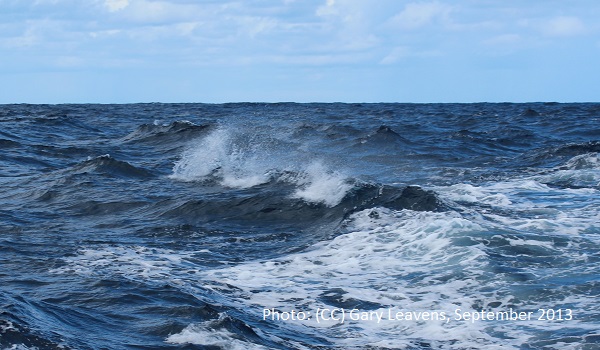More than 2000 people arrived on 7-8 November on Gran Canaria increasing the pressure on the insufficient reception capacity. Human Rights Watch (HRW) urges Spanish authorities to “immediately alleviate overcrowded and unsanitary conditions on the Arguineguín pier”. The Ombudsman is investigating complaints about the lack of guarantees in legal assistance for people arriving in the Canary Islands in recent months.
2,200 people arriving over the past weekend are housed in makeshift camps on the docks at Arguineguín pier. President of the Canary Islands Ángel Víctor Torres stated that “arrivals still greatly exceed the reception capacity”, and urged relocation to the Spanish mainland and intervention from the EU pointing out that the Canaries could not be used as “prison islands.” EU Commissioner for Home Affairs, Ylva Johansson during her recent visit to the Canary islands emphasised the importance of working with partner countries on migration adding: “Fighting and breaking smuggling rings means informing people of the extreme risks before attempting sea crossings. Legal pathways are the safe way to EU.
Citing privacy issues the Spanish government has clocked access for journalists to the Arguineguín pier but Human Rights Watch (HRW) visited the location on 7 November. While the number of people at the emergency camp at the pier have since more than doubled to more than 2000 conditions were already critical at the time: “What I saw a few days ago was a row of crowded tents where people are held for days on end, sleeping on the ground, 30 or 40 people sharing a portable toilet”, said acting deputy Europe and Central Asia director at Human Rights Watch, Judith Sunderland. Further, HRW notes that COVID-19 protocols are violated: “People who have traveled separately are sometimes placed together in tents, and social distancing is virtually impossible. At the time of the visit, a Red Cross official said there were 55 people who had tested positive for Covid-19 awaiting transfer to a dedicated facility for isolation, monitoring, and treatment. However, the bus company was refusing to take them, citing health concerns”.
The Ombudsman institution under Francisco Fernández Marugán, is investigating numerous complaints about the lack of guarantees of legal assistance for people arriving in the Canary Islands over the recent months. With police restricting access to Arguineguín pier and other locations lawyers are often unable to interview and assist their clients. Amnesty International and ECRE member, Spanish Commission for Refugees (CEAR) has denounced the lack of legal assistance in violation of Spanish and international law, warning that hundreds of people could face return without having the opportunity to seek asylum.
More than 13,000 people have arrived in the Canaries by sea in 2020 so far and according to the International Organization for Migration (IOM) 414 are dead or missing.
For further information:
- ECRE, Atlantic Route: People Face Death at Sea and Miserable Conditions upon Arrival in the Canary Islands, High Prosecutor’s Office Prohibits Separation of Children, October 2020
- ECRE, Atlantic Route: Arrivals in Canary Islands Continue to Rise, more than 1,000 People Cramped at Arguineguín Pier, Children Separated from their Parents for Months in Order to Prove Kinship, October 2020
- ECRE, Spain: Exponential Increase in Arrivals in the Canary Islands, Capacity Stretched, Intense Rescue Activity in Spanish Waters, October 2020
- ECRE, Spain: Surge in Arrivals via the Atlantic Route, Devastating Conditions in Melilla Continue, People Rescued South of Granada, September 2020
- AIDA, AIDA 2019 update: Spain*, April 2020
- ECRE, Op-ed: Cooperation with Morocco in the EU’s African Border – a laboratory of externalization, January 2018
Photo: (CC) Gary Leavens, September 2013
This article appeared in the ECRE Weekly Bulletin. You can subscribe to the Weekly Bulletin here.

